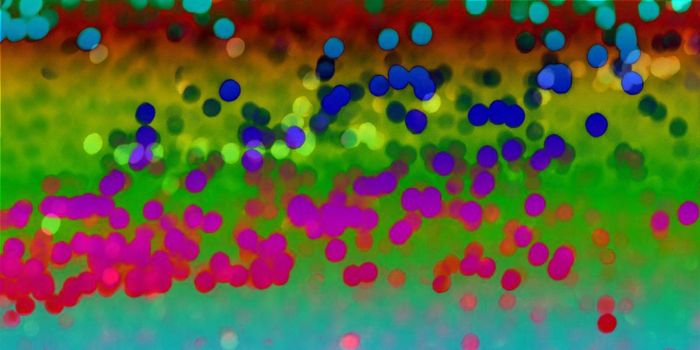Space travel takes its toll on astronauts. Microgravity can affect muscle and bone growth. Radiation can cause damaging mutations. The harsh environment in space might prove too uncompromising to adapt to. However, evolution has shown that humans can adapt to difficult conditions. We can develop heat and cold tolerance living in different climates. People who live at high altitudes have developed thicker blood to accommodate lower oxygen levels.
In addition to our own evolutionary adaptability, we are gaining the technology to potentially help ourselves adapt quicker than waiting on evolution. For example, gene editing technology could possibly provide a method to change out harmful genes in the genome for advantageous ones. Another useful technology that could help us adapt to the space environment is microbial engineering, creating microbes that can create protective proteins to reduce radiation effects or send signals to bone cells to regenerate themselves and prevent osteoporosis. With the potential to develop tools to help humans adapt in space, maybe long term space travel isn't so far off.








